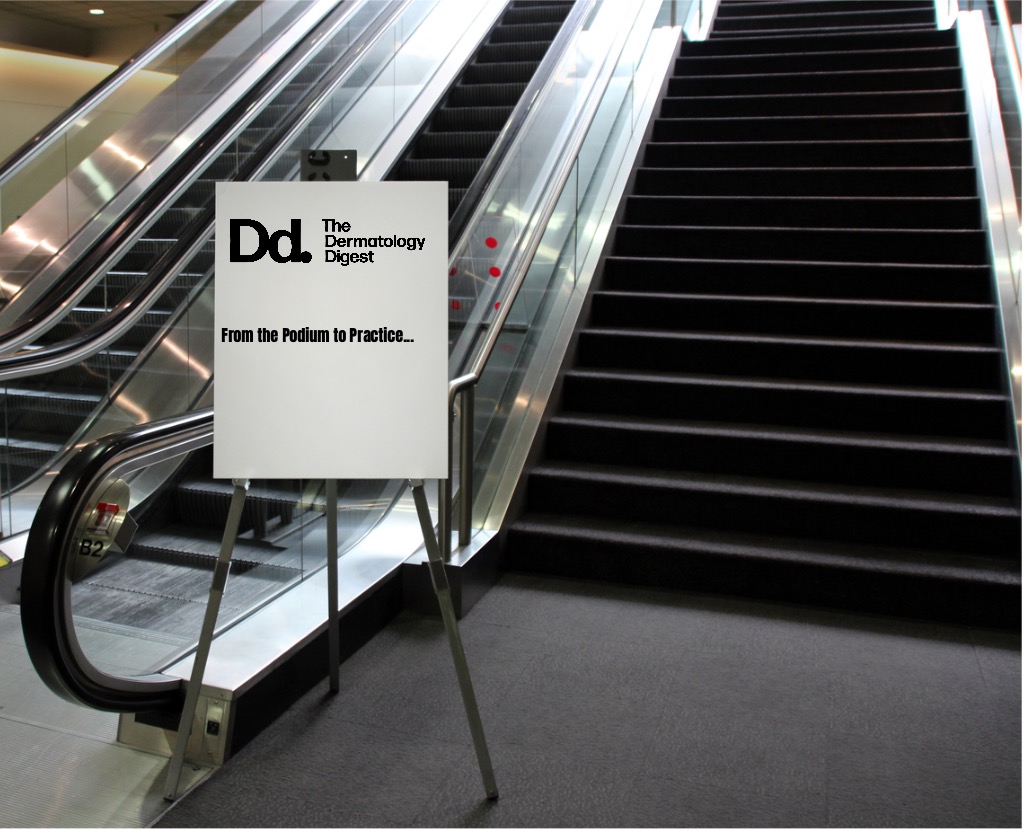Upadacitinib (Rinvoq, AbbVie) bested dupilumab (Dupixent, Sanofi & Regeneron) for all ranked secondary endpoints including complete skin clearance and rapid resolution of itching in Level-Up, a phase 3b/4 head-to-head study comparing the two therapies in atopic dermatitis (AD).
The findings, presented at the Revolutionizing Alopecia Areata, Vitiligo, and Eczema Conference in Chicago, IL, build on positive topline results from the study announced in late April 2024.
Level-up included 920 patients (803 adults, 117 adolescents) who were randomized to upadacitinib 15mg or dupilumab per its label for 16 weeks of treatment (Period 1) with an extension period to 32 weeks (Period 2) for patients not achieving at least 75% reduction in Eczema Area and Severity Index from baseline (EASI-75) at Week 16. Patients on upadacitinib 15mg were dose-escalated to 30mg starting from Week 4 if they had a <EASI-50 response or a <4-point improvement from baseline for their weekly rolling average of Worst Pruritus Numerical Rating Scale (WP-NRS) score. Patients taking upadacitinib 15mg who did not achieve EASI-75 starting at Week 8 also increased their dose to 30mg. Starting at Week 4, rescue with topical therapy was optional and per investigator’s discretion if protocol criteria were met.
At Week 16, upadacitinib showed superior efficacy versus dupilumab in the primary endpoint, with a significantly higher proportion of patients simultaneously achieving EASI- 90 and WP-NRS 0/1 at Week 16. Upadacitinib’s superiority began as early as week 4 and was maintained through week 16, researchers report.
New data: Upadacitinib showed superiority over dupilumab in all ranked secondary endpoints.
These included:
- Week 16 EASI 90
- Week 16 WP-NRS 0/1a
- Week 16 WP-NRS ≥4b
- Week 4 WP-NRS 0/1a
- Week 2 WP-NRS 0/1a
- Week 4 EASI-90
- Week 2 EASI-75
- Week 16 EASI-100
No new safety signals were identified during Period 1. Proportions of patients reporting any treatment-emergent adverse event were higher for upadacitinib than dupilumab. Severe adverse events (AEs) and AEs leading to discontinuation of study treatment were similar between upadacitinib and dupilumab, with no difference in the proportion of serious AEs. The most common AE reported was nasopharyngitis for both upadacitinib and dupilumab.
Stay tuned for more coverage on Level-Up from The Dermatology Digest.


